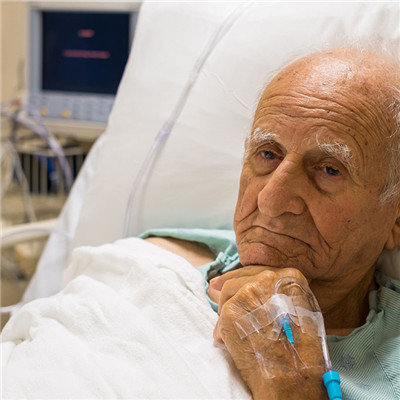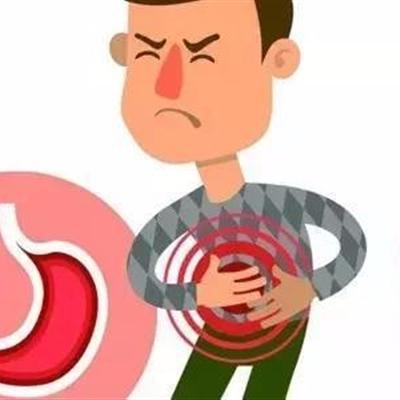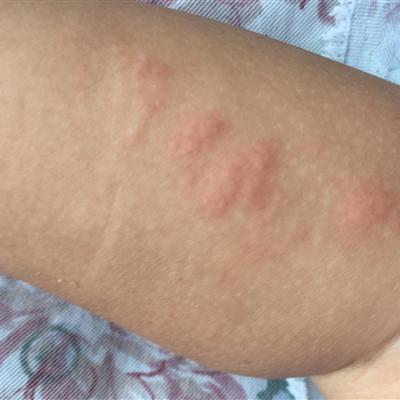Symptoms of Alzheimer's disease?
summary
Alzheimer's disease (AD) is a progressive neurodegenerative disease with occult onset. Clinically, it is characterized by memory impairment, aphasia, apraxia, agnosia, impairment of visuospatial skills, executive dysfunction, personality and behavior changes, etc. the etiology is still unknown. The patients before 65 years old are called Alzheimer's disease; After the age of 65, the onset of Alzheimer's disease. Symptoms of Alzheimer's disease? Let's talk about it
Symptoms of Alzheimer's disease?
It is mild dementia. The symptoms were memory loss and forgetting of recent events; The patients can't analyze, think and judge the events, and can't deal with complex problems; Careless in work or housework, unable to do shopping and economic affairs independently, resulting in social difficulties; Although he can still do some familiar daily work, he is at a loss about new things, indifferent, occasionally irritated and often suspicious; When there is time orientation disorder, it can make orientation to the place and people, it is difficult to make orientation to the geographical location, and it has poor visuospatial ability of complex structure; It is difficult to name because of few words.

The stage of dementia was moderate. The results showed that the far and near memory was severely damaged, the visuospatial ability of simple structure was decreased, and the orientation of time and place was impaired; There are serious damages in dealing with problems and distinguishing similarities and differences of things; Can't do outdoor activities independently, need help in dressing, personal hygiene and keeping personal appearance; Calculation can not be carried out; There were various neurological symptoms, including aphasia, apraxia and agnosia; Emotional change from apathy to irritability, often walk around, visible urinary incontinence.

Severe dementia. The patient had been completely dependent on the caregiver, and had severe memory loss, with only partial memory; Daily life can not take care of themselves, incontinence, silence, limb stiffness, physical examination can be seen pyramidal tract sign positive, strong grip, groping and sucking and other primitive reflex. Eventually coma, generally died of infection and other complications.

matters needing attention
Due to many factors involved in the pathogenesis, we must not simply drug treatment. Clinical meticulous and scientific nursing plays an important role in behavior correction and memory recovery of patients. To long-term bedridden person, should notice defecate, turn over regularly wipe back, prevent pressure sore to happen. For patients with agitation, they should be accompanied by their families to avoid accidents. Pay attention to the patient's daily life, and give assistance or nasal feeding to those who can't eat or have difficulty eating. Strengthen the training of life ability and memory of patients.











